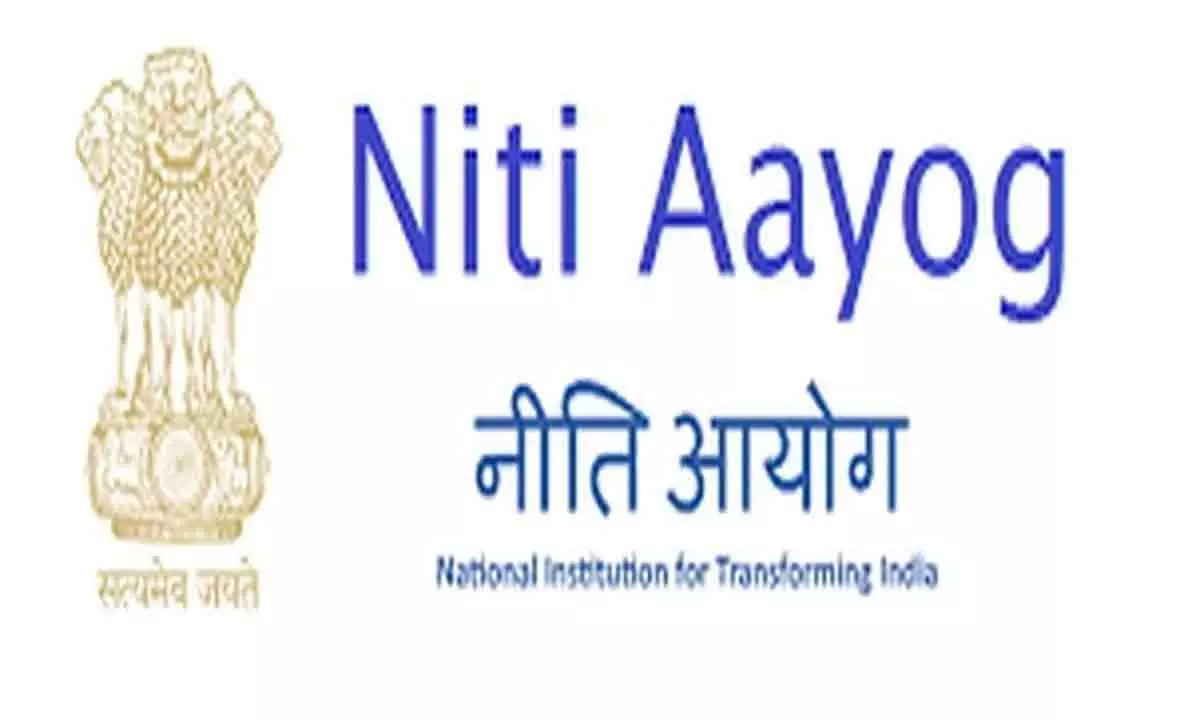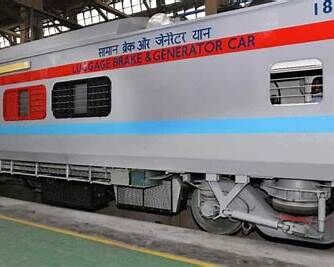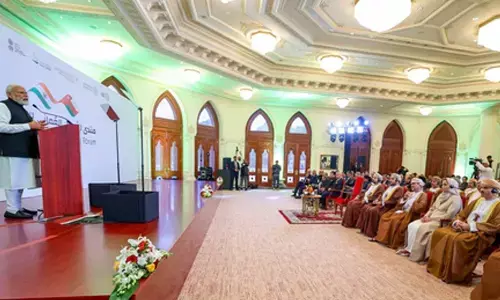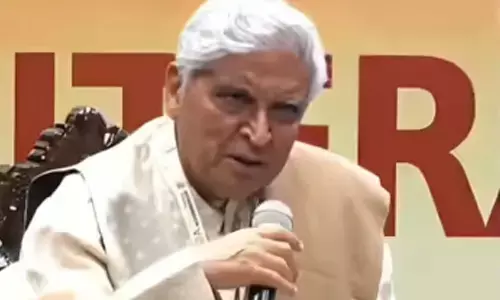NITI Aayog pitches for structural reforms of multilateral development banks
Share :

NITI Aayog has called for reforming the structure of the Multilateral Development Banks (MDBs) for improving capital mobilisation, better project implementation and making sustainable infrastructure an asset class.
New Delhi : NITI Aayog has called for reforming the structure of the Multilateral Development Banks (MDBs) for improving capital mobilisation, better project implementation and making sustainable infrastructure an asset class.
In a report titled 'A Green and Sustainable Growth Agenda for the Global Economy' released on Tuesday, the think tank said there is a global requirement of USD 3 trillion over the next decade to finance green growth and hence there is an urgent need to mobilise both public and private finance. "The way forward involves a new toolkit of policies and a reform of the structure of the MDBs," it said.
The report said efforts should be directed towards ensuring macroeconomic stability and promoting inclusive growth alongside effective transfer, adjustment and training policies. "Concomitantly, MDBs must engage in transformative reforms, including improved capital mobilisation, better project implementation, joint financing, risk sharing, and making sustainable infrastructure an asset class," it added. As part of a new multilateralism, the report said MDBs must not only improve their own functionality but also ramp up public and private investments in developing countries, which are essential to meeting global challenges such as climate change.
Further, it said there are potentially positive economic impacts of India's transition to net-zero emissions, which involves a shift away from fossil fuel imports, which could improve the country's balance of payments. "Constraints include financial resources and technology, necessitating a reconstruction of the global financial architecture," the report noted. As per the report, with China facing an ageing population, India could step up as the next global growth engine. "However, it must address its de-industrialisation and boost its manufacturing sector," the report said. It noted that strategies should include enhancing productivity in traditional sectors, creating manufacturing jobs, managing competitive exchange rates, closing infrastructure and logistics gaps, and improving education and skills development.
Commenting on the impact of credit rating agencies on developing nations aspiring to fund green and sustainable growth, the report said, "the role of credit rating agencies should be regulated to ensure fair assessments for emerging countries". Speaking at the launch of the report, NITI Aayog Vice Chairman Suman Bery said that while the need to finance sustainable growth has been established, the willingness of rich countries to reach deep pockets is being tested as they become cautious of the divided global peace and commitment towards pension for their ageing population.
The report is a summary of the key discussions from the policy conference organised by NITI Aayog, International Development Research Centre (IDRC) and Global Development Network (GDN) on July 28-29, 2023, that focused on green and sustainable growth. A G20 side event, it had brought together 40 leading thinkers to deliberate on a new growth model for G20 members.















